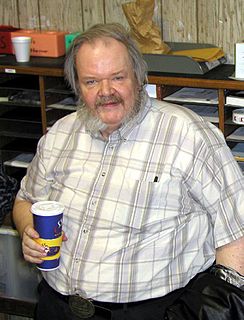A Quote by Tedros Adhanom
Strong leadership is essential in the face of health crises. Complex public health emergencies demand a collective response with high-level political and diplomatic engagement at both the national and global levels.
Related Quotes
In 2009, when I was Health Minister, we re-engineered our business processes to examine the weaknesses and opportunities in our health system. Following that exercise, we established a public health emergency management system from national to district level to prevent and provide rapid response to outbreaks.
The president recognizes that funding global health is good for national security, domestic health and global diplomacy. Consequently, President Obama has steadily increased funding for the President's Emergency Plan for AIDS Relief, or PEPFAR, which was created by President Bush and has strong bipartisan support.
My colleagues from the Department of Health Behavior and Health Education are working on participatory public health initiatives in Michigan, and there is much that we can learn from each other. In fact it is essential that we strengthen efforts to learn from each other, and stop considering public health in the third world and in the U.S. as separate intellectual and practical endeavors.
The specter of climate change threatens worsening natural disasters, rapid urbanization, forced migration, and economic hardship for the most vulnerable. Despite significant global advances, inability to effectively address epidemics and health emergencies still prevail and continuously threaten global health security and economic development.
I've been a medical and public health professional as well as a mother. I became skilled at juggling a number of priorities and competing interests. Like many other female leaders, I've tried to serve as a role model for the young women at my organization who are trying to balance a high-level leadership position and a family.




























